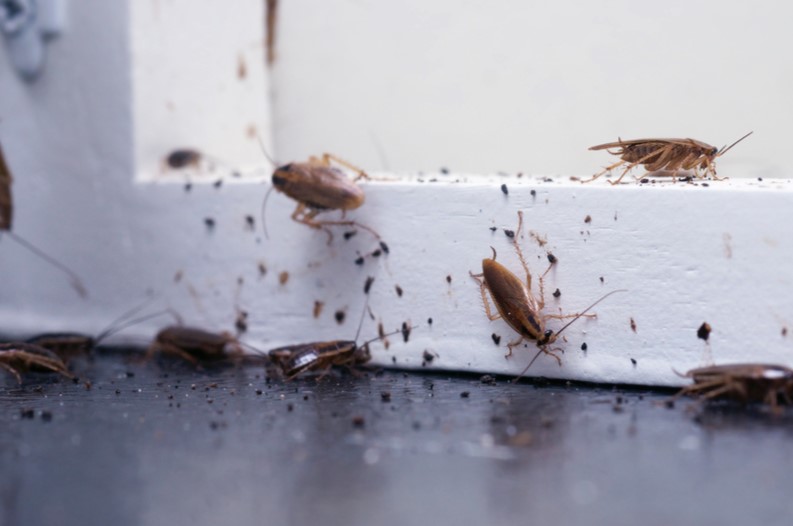
Pests can find their way into your home in many ways. For example, they can enter through open windows, open packages, and even trim shrubbery. By minimizing these possible entry points, you can reduce the number of pests in your home. In addition, you can keep your house clean, check for cracks under doors and window screens, and inspect any items that are brought inside from outside.
Keeping a clean house
One of the easiest ways to deal with pest infestation Skokie, IL is to clean your home. If too many things lying around the house, they will eventually attract pests. This includes the trash. Try to keep your trash cans closed or lidded. Also, wash your food containers in the sink before putting them in the garbage. Milk residue is lovely to pests. In addition to sanitizing surfaces, you should also clean your floors regularly. This will help remove any chemicals that are left behind. For example, when you tend your bed, avoid cleaning near walls where pesticides are applied. Vacuuming will also help absorb chemicals from the floor.
Nets prevent pests from entering your home
Nets are a great way to protect your home against pests. They keep pests out while maintaining proper airflow. These nets are often DIY projects and can be installed easily. Three main insect nets are commonly used in homes: Clap nets, fine mesh nets, and standard window nets. You can choose which kind to use and how to install it depending on your needs. Some types of nets are immovable, while others require some adjusting. Nets are also an inexpensive option for pest control. If you cannot afford nets, you can use chemical insecticide sprays. However, these methods are not always reliable. In addition, they may work in confined spaces but not in larger areas. Another option that is widely used is using electric insecticides. These devices are rechargeable and contain a liquid or tablet that emits an ultrasonic sound. The cost of electric insecticides varies according to their make, so it is wise to research before you invest in one.
Using insecticides
Using insecticides to handle pest infestations poses several problems. For one, it can contaminate water bodies. While most applications are nonpoint sources, there are many ways these chemicals can reach streams. These sources include industrial effluents, agricultural runoff, and stormwater runoff. Insecticides can also enter water bodies through spray drift during application. Insecticides are highly toxic chemicals applied to infested areas to kill pests insects. However, they can also have detrimental effects on beneficial insects. Because they affect the nervous system, they can cause various adverse effects, including seizures, paralysis, and inactivity. One way to avoid chemical-based pesticides is by using biological methods. Biological methods, which are effective against many types of pests, often include the release of predators and parasites that prevent problems from reproducing.
Keeping drainage channels clear
Drains are a famous breeding ground for several pests. These creatures feed off waste and breed in stagnant water. Therefore, it’s essential to keep drains clean to avoid infestation. In addition, keeping the drains clear of debris is necessary if they have a breeding ground in your home. The best way to keep drainage channels clean and clear is to clean them regularly. Keeping them clean will reduce the chance of infestation and help prevent future ones. It’s also essential to keep birdbaths and pools chlorinated when not in use.
Additionally, it’s necessary to clean out piled-up leaves and debris. These can become breeding grounds for insects and pose a significant threat to public health. Finally, clogged drains can disrupt business. Not only can these clogs result in foul odors, but they can also cause flooding. This could even drive customers away. If your drains are blocked, it’s essential to have a licensed pest control service clean them for you.
Keeping food and water sources away from your home
One of the best ways to deal with a pest infestation is to prevent the pests’ access to food and water sources. These are usually close to your home and can attract pests. Keep trash and food containers closed or sealed to prevent these pests from entering your home. Another way to avoid problems is to keep food and water containers clean. While pests are usually more visible inside your home, they can also damage the outside. This includes removing any woodpiles, maintaining gutters, and cutting the grass. You may also want to watch for foundation, roofing, and siding changes.



